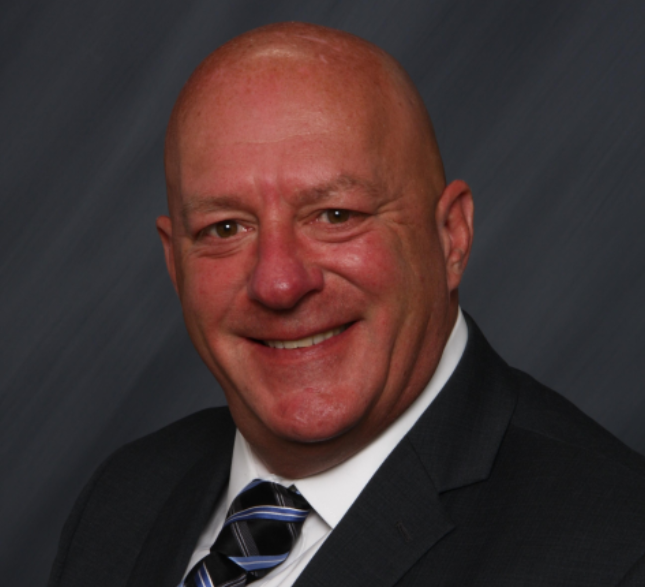What It's Like to Travel the World for Mining
Mining

Mining
The cyclical nature of precious metals mining has always been a challenge for the mining industry. When the value of metals rises, the appeal for mining causes hiring booms, with subsequent busts when the economy is less favorable. Experienced miners are retiring every year, but during downtimes there’s little incentive to start at mining engineering schools because there's so little demand for the newly qualified graduates. This means when times are good, there’s not enough people — often resulting in bringing them in from other countries.
Here, we hear from Sandy Spenceley as he shares his experiences working abroad in the mining industry for the past 30 years.
Companies have always had to move miners around the world to keep projects fully staffed. Spenceley has worked all over the world (his two children were born in India). Moving from country to country and adapting to different cultures hasn't been an issue for him: “Never been a problem,” he says. “It fascinates me.”
Spenceley has picked up seven languages during his career – not to any high degree of fluency, he emphasizes, just “enough to have a conversation with any of the men. You get along with people a lot better if you are trying to absorb their culture and adapt to it.”
But Spenceley’s curiosity for new cultures is not shared by everyone. Companies have had to pay high rates to get the right people to the right places abroad. And the cyclical nature of precious metal mining means that it can be hard to forecast competitive rates. “It’s a real challenge for HR for budgeting,” Spenceley explains, “because we never know how much we are going to have to pay people to be attracted to mining. If you make a 20% or 30% miscalculation, that’s a big hole in your finances.”
Companies with mining operations in the developing world are fast to adapt the latest technologies. In places where there is no mining history to speak of, companies bring in fleets of the latest, most modern, mining equipment.
“I prefer the Greenfield mining opportunities,” Spenceley says. These consist of projects in areas with little to no previous exploration, meaning you're breaking ground on new, completely uncharted territory. “You get to pick the equipment and be part of the design phase.” This can be highly motivating: “We are encouraged to bring the best of our practices with us in terms of safety, process, technology, everything. Then once it gets rolled out in those countries, it’s actually really cool.”
Starting up operations in remote areas is not without challenges. There may be little established infrastructure and additional investment may be required. “To get people to these outlying places, you must do specific things. You have to have a speedy internet service. You can have the best food, but if you can’t connect that miner to his family on a daily basis, you don’t have a project.” For one remote site, Spenceley ran WiFi through the camp and set up a secure bandwidth. It’s essential to make video communication tools like Skype or FaceTime accessible so that families can maintain regular contact.
There are mining operations that offer more time at home, with family and friends. “The current generation puts more value on their personal time and family time,” says Spenceley. “Staying closer to home preserves the balance of home and work, but it might change the nature of the working environment. Mining operations that are 30, 50, even 70 years old will have older equipment and infrastructure, with a focus on safe operation and maintenance rather than on design and build. But with long-term stability and the possibility of a regular family life, this is ideal for some.” As for the future of the mining industry? Spenceley wouldn’t worry if his children wanted to follow in his footsteps. “I wouldn’t force it on them, or encourage it over any other (career), but it’s been really good to me.”
Check out Brunel's global mining vacancies to see how you can take your mining career to the next level.

Connecting Specialists to Pioneering Projects